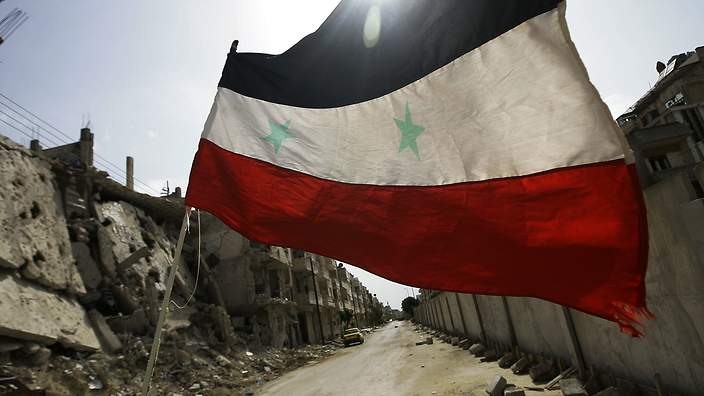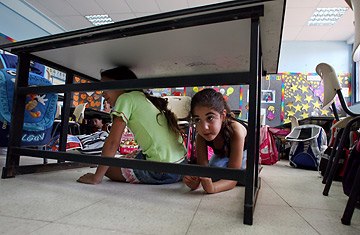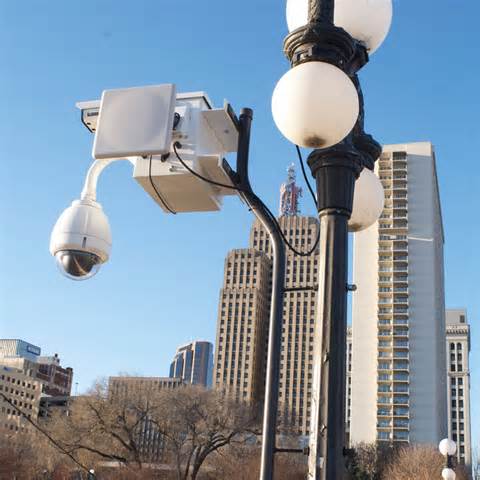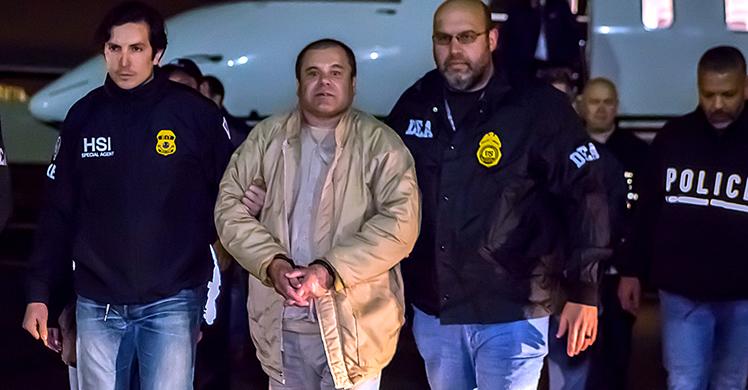The US has halted its supply of all non-lethal aid into Northern Syria after Islamic Front forces seized headquarters and warehouses belonging to the opposition’s Supreme Military Council (SMC). This occurred after the Islamic Front, which now forms a union of six major rebel groups, took control of the Free Syrian army (FSA) bases located on Syria’s northwestern border with Turkey. According to the US code that defines the role of the US armed forces, non-lethal aid qualifies as communications equipment, intelligence assistance, medical supplies, and body armour. Fortunately, humanitarian aid has not been impacted by this action because it is distributed through international and non-governmental organizations.
This action reflects how the West is responding to the growing role that Islamic fundamentalism (which has predominantly come in the form of Salafism, an ultraconservative form of Sunni Islam) is playing within the Syrian opposition. Experts say that this is natural; it is “the expected byproduct of heightened violence combined with receding hopes of a quick resolution,” according to the Brussels-based International Crisis Group. Despite this, it serves as a problematic barrier for both the Syrian opposition and those nations of the West that are seeking to mitigate the violence. For the former, it risks their receipt of foreign aid and legitimates President Bashar al-Assad’s claims to be fighting terrorism.
Initially, not acting only bolstered the narrative of the Salafi fundamentalists, and now the West finds itself having to cut back its aid in order to hinder the fundamentalists which consequently affects the FSA.




